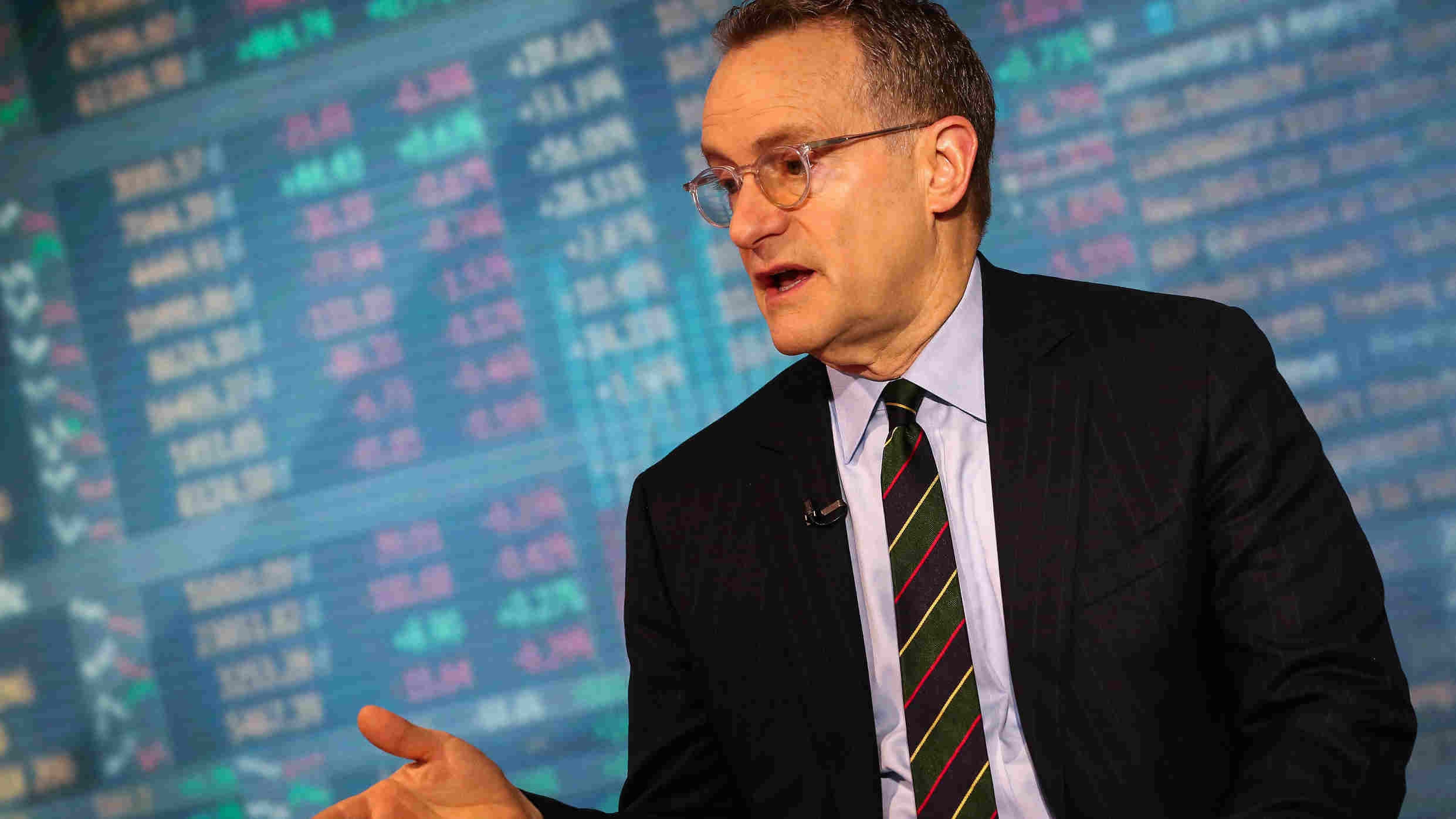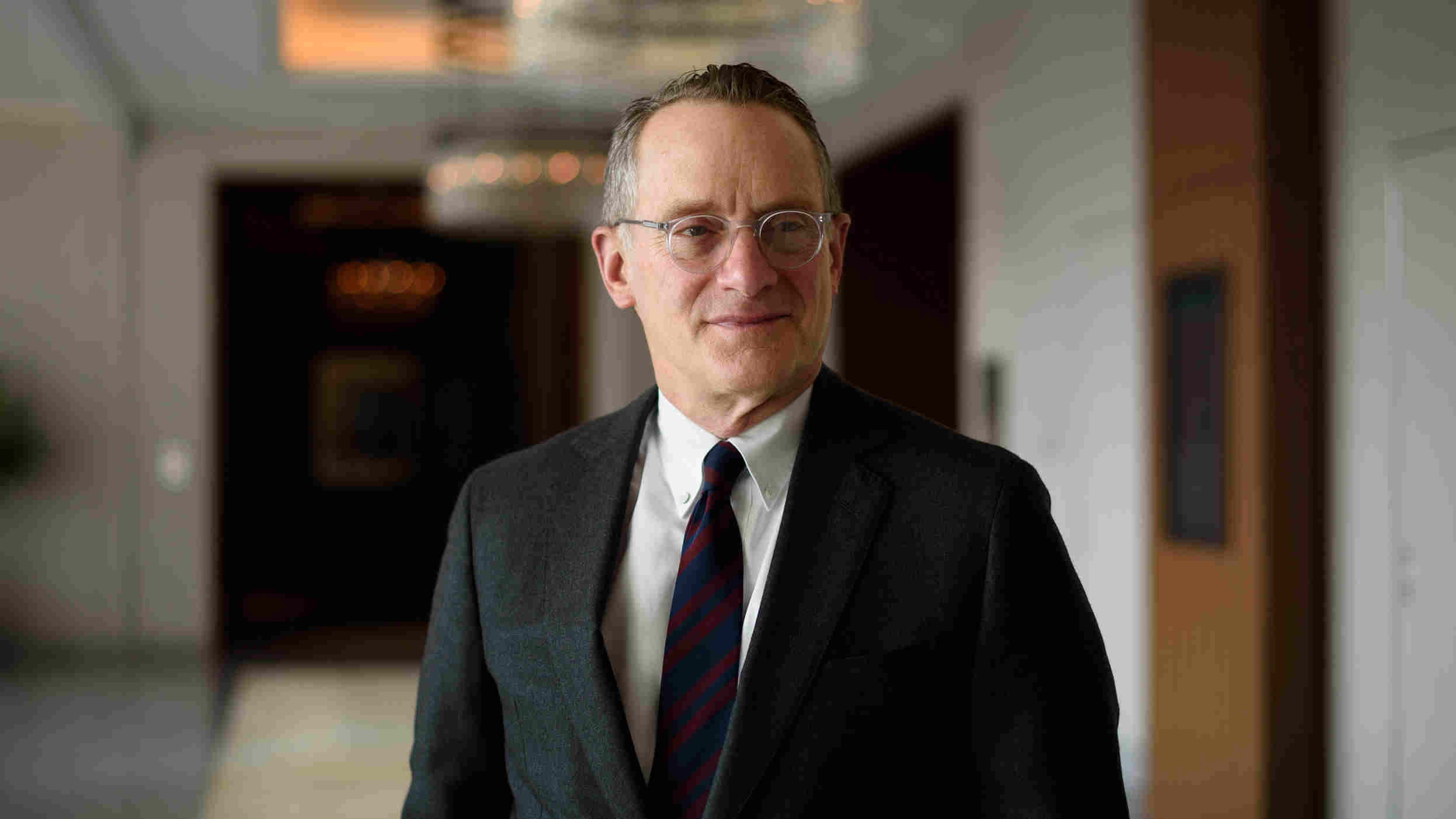
Business
21:32, 01-Nov-2017
Oaktree co-founder Howard Marks: The paradox of passive investing
By Gao Songya

So what’s the perfect amount of caution when investing amid global economic recovery? Will passive investing assure investors of long-lasting gains?
American billionaire, also legendary investor Howard Marks has a rather neutral answer.
“The foundation for passive investing is the belief that passive investors can free ride on the efforts of the active investors,” says Marks.
Normally, the active investors are those who study the companies and stocks, decide what’s the fair prices and how that company should be represented in the market. While the passive investors take advantage of those results, to invest at lower expenses.
Many people are being conservative in the post-financial crisis era, so passive investing is rising accordingly.

Oaktree Capital Group co-chairman Howard Marks /VCG Photo
Oaktree Capital Group co-chairman Howard Marks /VCG Photo
However, Marks says that the free rides would work only as long as the relationship between passive and active holds steady.
“When the passive takes over from the active, the active work is no longer being done, there won’t be anybody establishing the fair prices and the market weight, in which case it should become more possible for the active investors to make better decisions,” Marks said.
And he also believes that visible returns from the active side will reduce passive investing.
In the past years of economic recovery, the highest returns mostly went to the people who took highest risks. In that case, people don’t really need extra-caution.
“But, the person who took the biggest risk will not always be the one who does best, and the cautious investors will out-perform again when the climate changes and so the caution is required,” says Marks.
That’s why Marks thinks an intelligent investor has to be aware that caution and progressiveness have to share their portion of time.
Marks’s company Oaktree Capital is also building a significant amount of caution to its portfolios.
“It won’t be right all the time and it won’t be wrong all the time, but it takes you from the worst,” Marks says.

SITEMAP
Copyright © 2018 CGTN. Beijing ICP prepared NO.16065310-3
Copyright © 2018 CGTN. Beijing ICP prepared NO.16065310-3